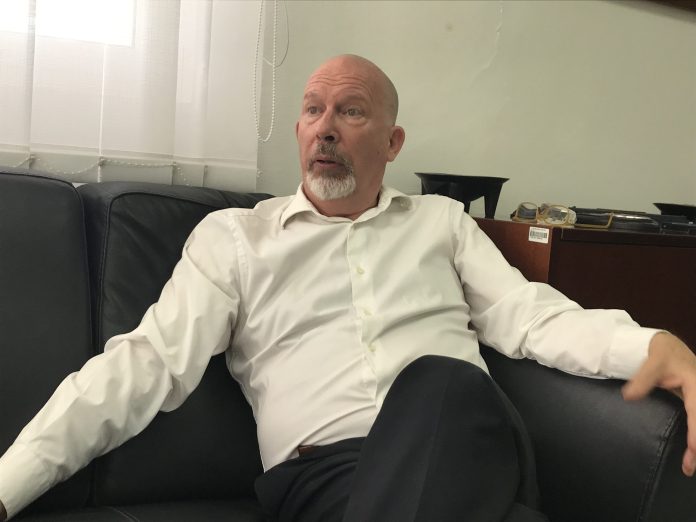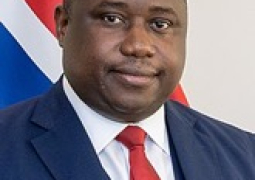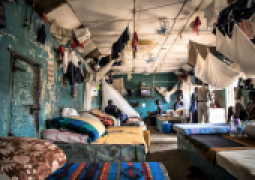
In an exclusive interview with our transitional justice correspondent after his farewell to the authorities in Banjul, Ambassador Corrado Pampaloni said despite progress registered on the country’s transitional justice process, this reservations posed challenges to the transition journey of the country, as the special tribunal is not just the business of The Gambia, but a shared venture with the bloc and development partners who for years have been working in support of the country’s quest for justice and accountability for crimes of international nature.
In October 2022, the government of The Gambia proposed a partnership with the ECOWAS Commission to establish a special tribunal for The Gambia.
The Truth, Reconciliation, and Reparations Commission, established to probe various crimes, including international offences, committed in The Gambia from July 1994 to January 2017, recommended the prosecution of approximately 69 individuals as perpetrators of these crimes. The government of The Gambia has accepted these recommendations in its White Paper and has begun implementing it through the establishment of a Special Accountability Mechanism.
“The Gambia is not alone in this adventure anymore... but there are other countries of the region. Each one of them has their own priorities. For example, there are countries that they may not see with good eyes the fact that ECOWAS covers an international tribunal of a country, because they may be called in the future to have an international tribunal also for their country,” Pampaloni said in an interview at his office.
As the biggest development partner of The Gambia since 2017, the EU has provided series of budget support to implement Gambia’s development plan, including the transitional justice plan.
This mechanism includes the Special Prosecutor’s Office, the Special Criminal Division of the High Court, and the Special Hybrid Tribunal. The government has created a special prosecutor Tribue, appointed a special advisor with the Ministry of Justice. The Bar Association has been actively collaborating in this process, and so is the justice sector, other civil society organisations, and many of the international partners are behind this.
“We are ready to fund an international tribunal. With the UNDP, we have funded the process of the TRRC. And many steps forward have been cleared. And now, we have a bump in our journey, let’s say, an unforeseen path to the international tribunal. The ECOWAS, that was supposed to give the international umbrella to the tribunal, expressed some concern about the international dimension under the ECOWAS umbrella. I know that the ministers are working on it, trying to find a consensus within the ECOWAS. Unfortunately, when you talk about an international dimension of anything, you have to take into consideration that you are not the main stakeholder anymore,” he explained.
In July 2024, ECOWAS Parliament voted against the proposal of partnership with the ECOWAS Commission to establish a special tribunal for The Gambia to prosecute crimes committed under former President Yahya Jammeh. Since February 2024, the ECOWAS Commission and the government have been working together through a Joint Technical Committee to develop the Statute for the Special Tribunal and a Decision for consideration.
“As European Union, our help to the country covers a little bit of the transition phase to a full democratic country, for example, dealing with the Special Tribunal for the Gambia. It is one of the elements for pacification of the country,” he narrated.
For him, it is regarding the crimes that have been committed by Jammeh and other perpetrators during the 22 years of dictatorship that forms the bases of this transitional justice. And it is that important for partners like the EU, UN, and ECOWAS to all play their part and ensure a successful process that begun since 2017.





